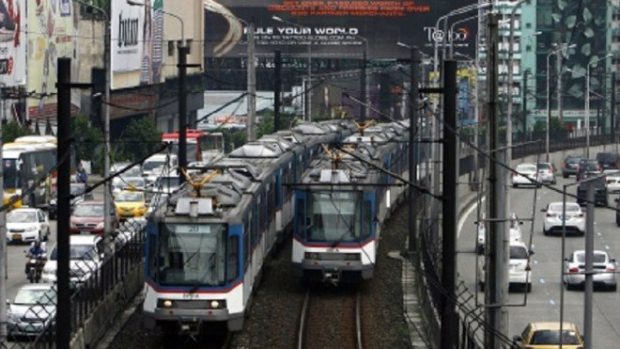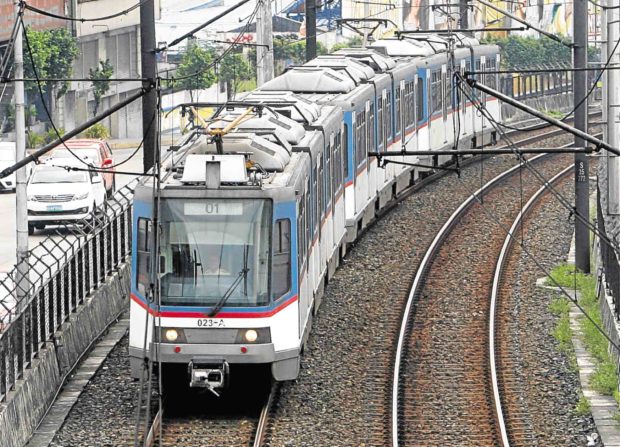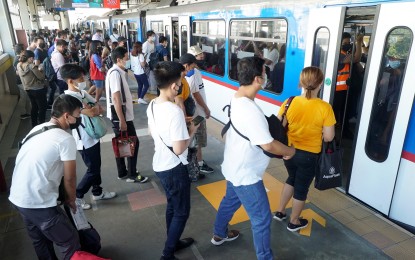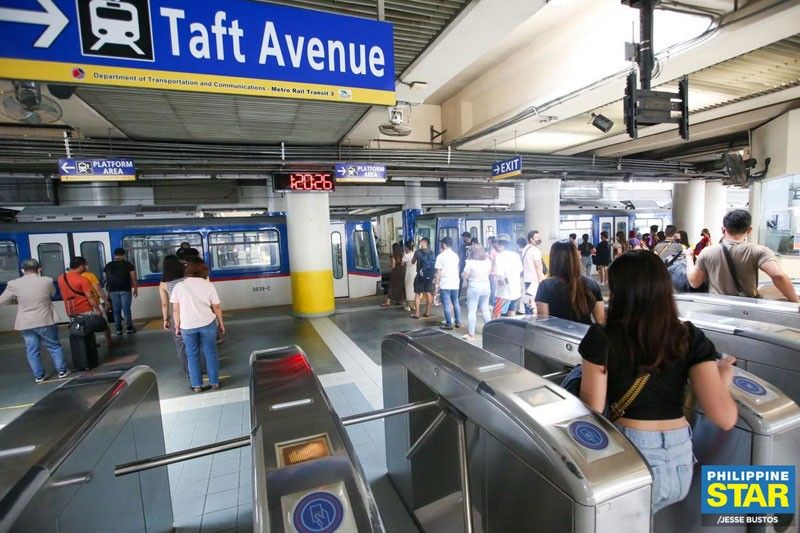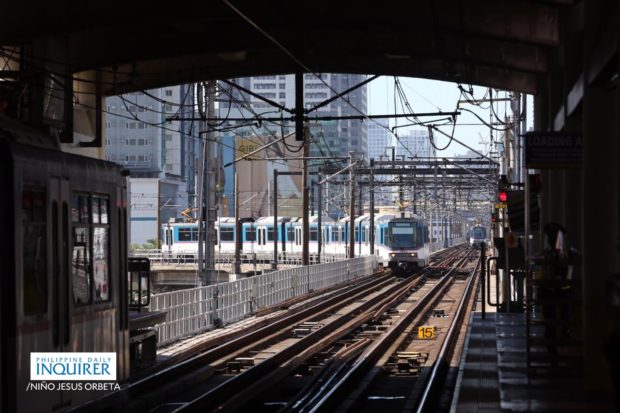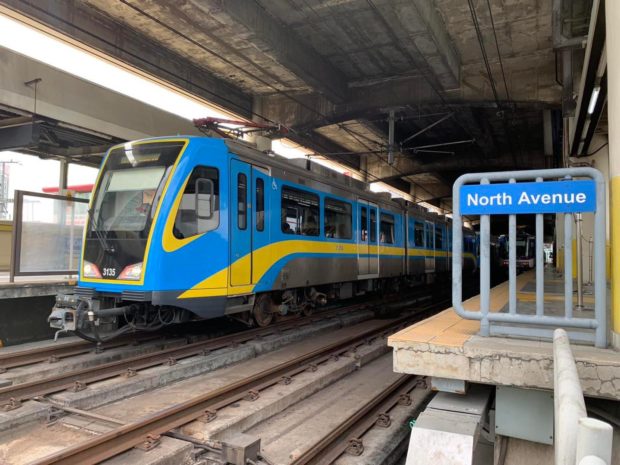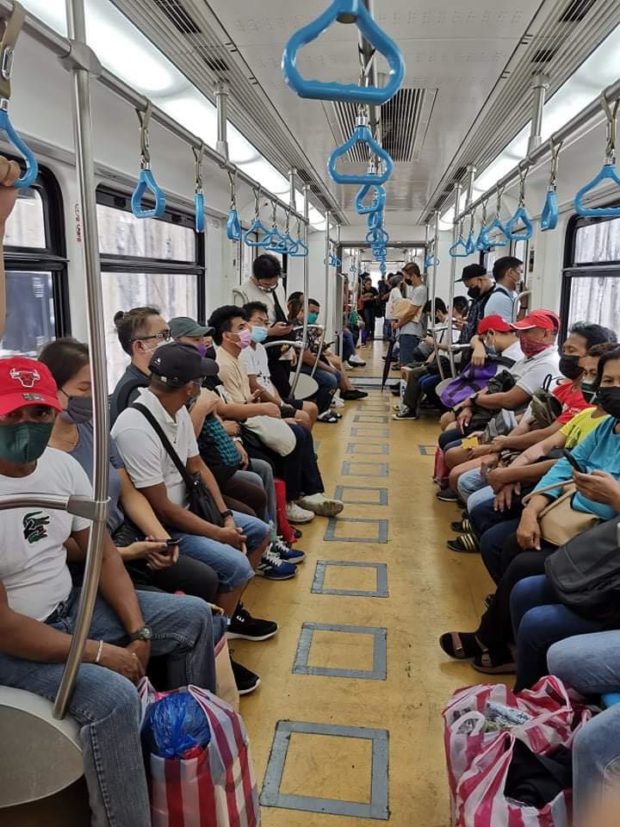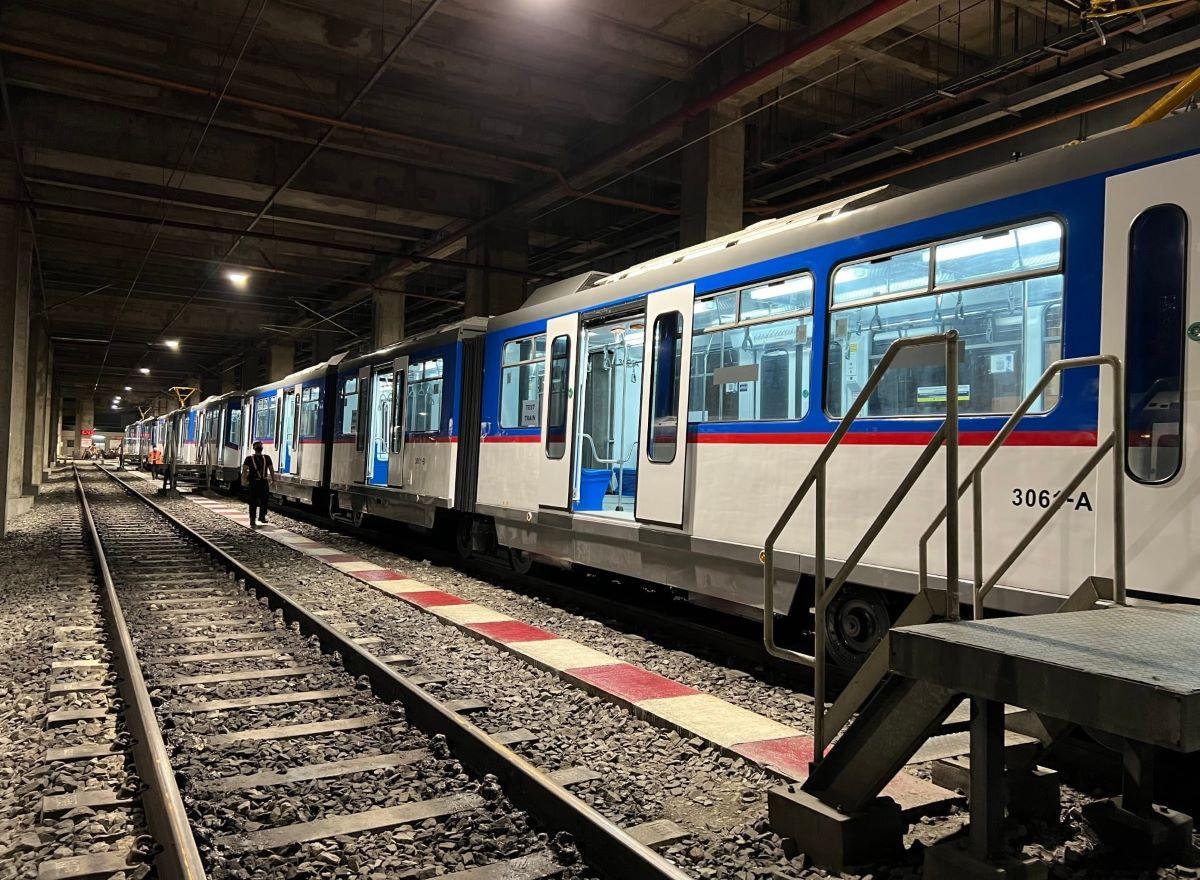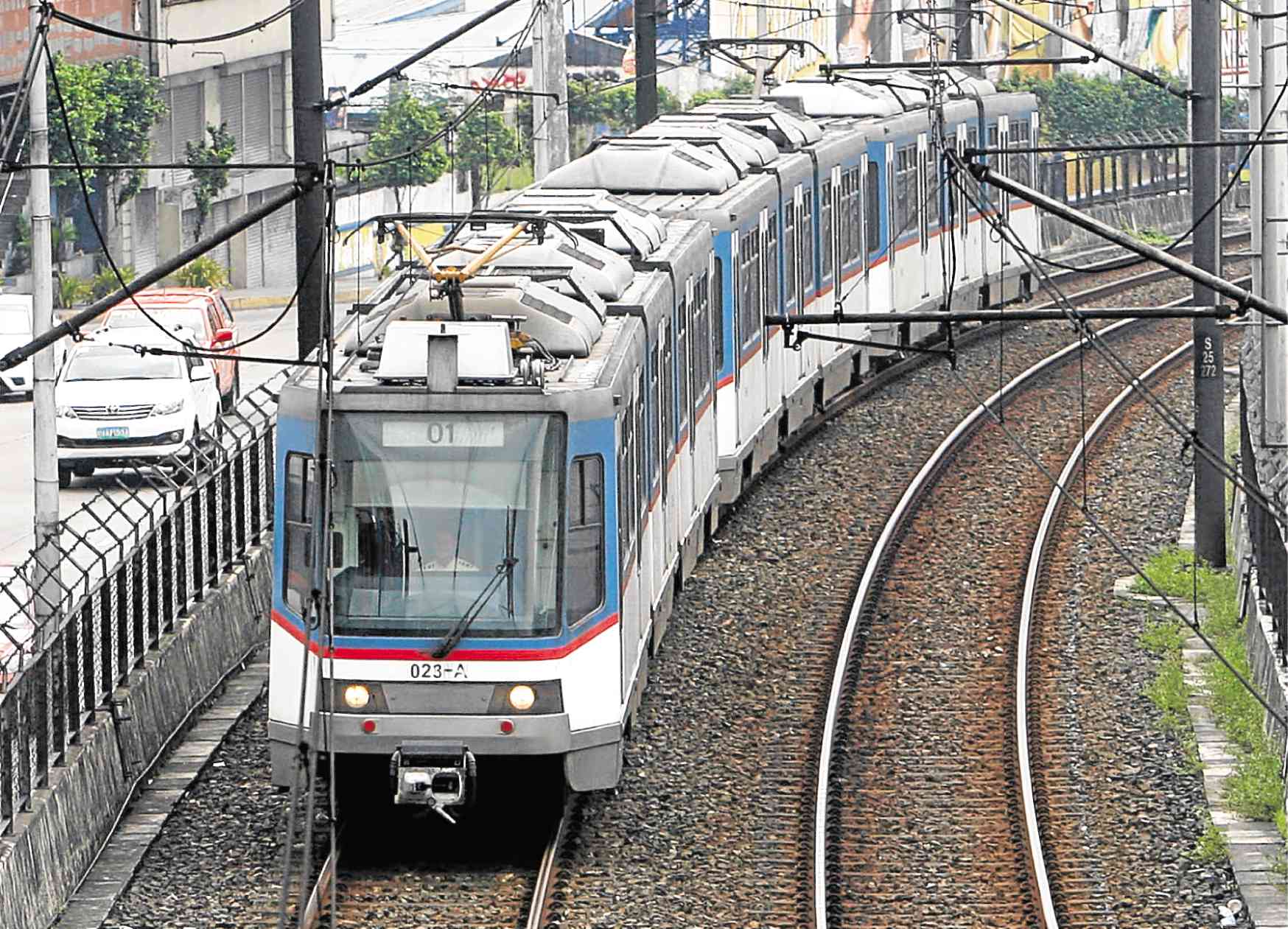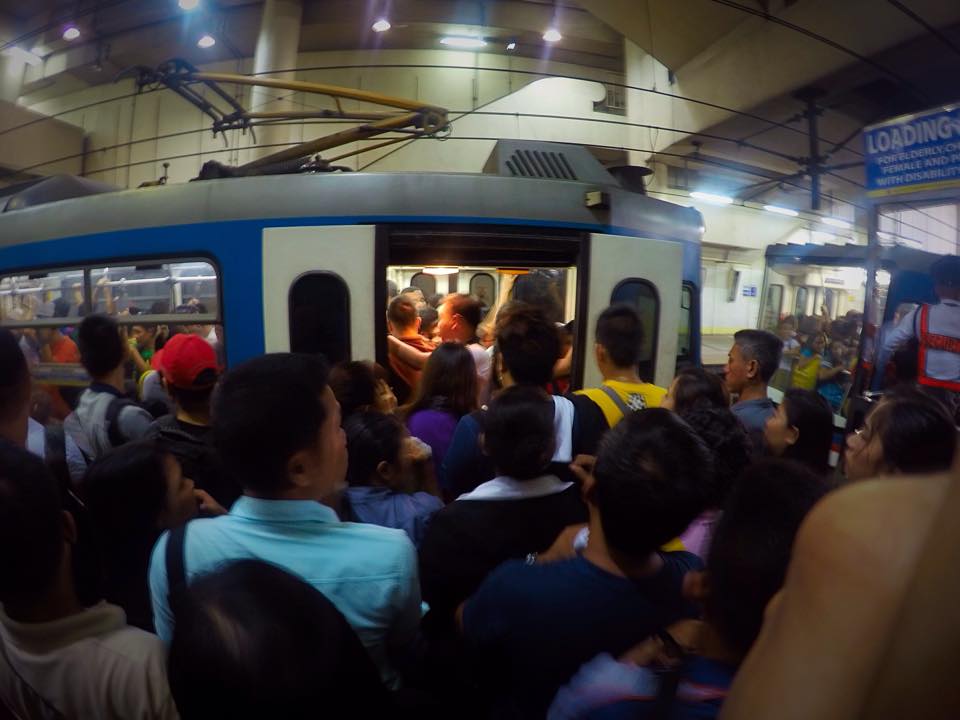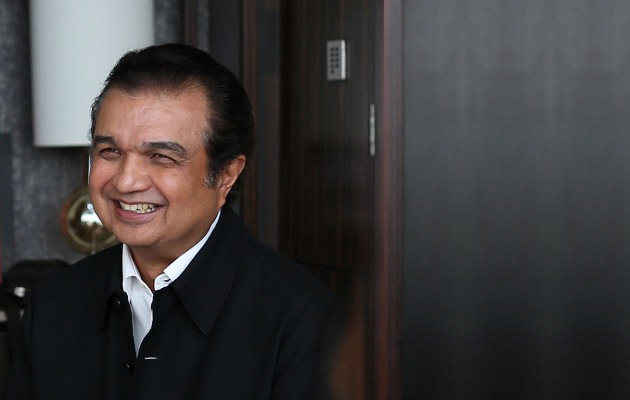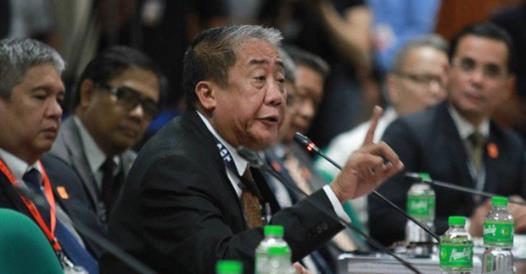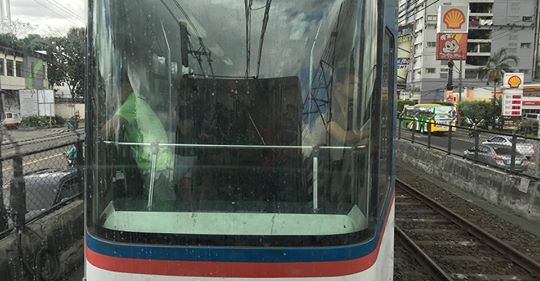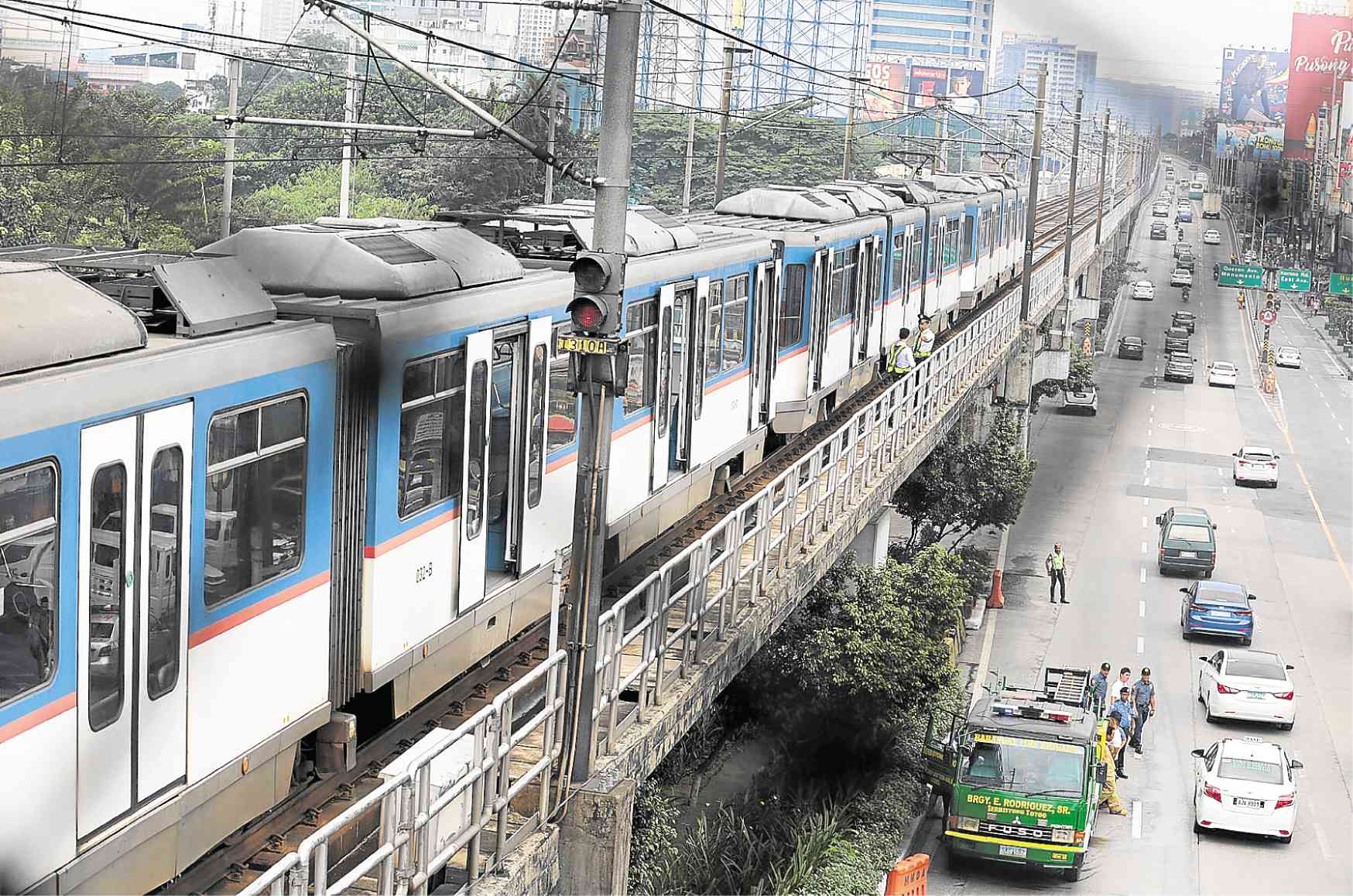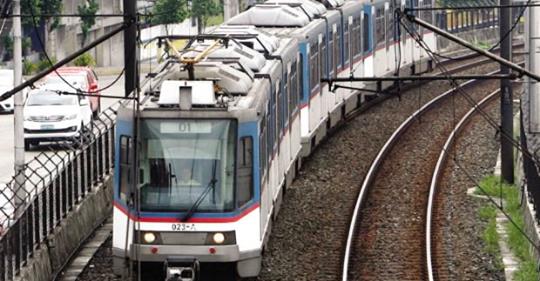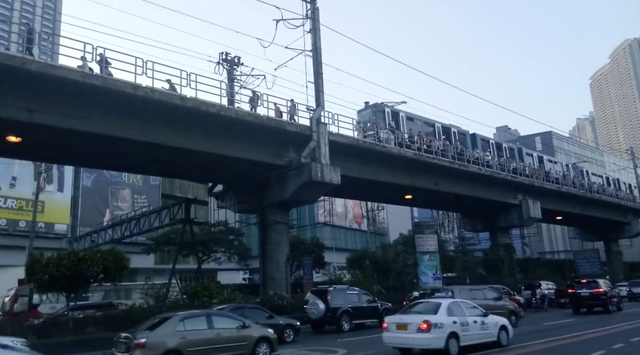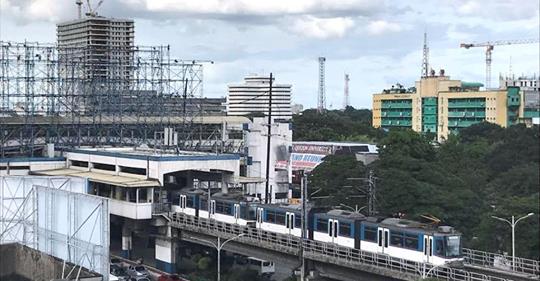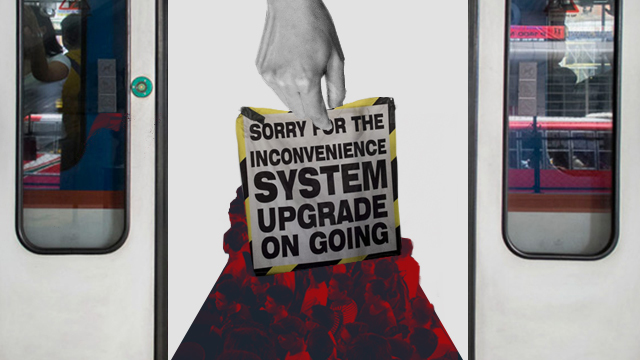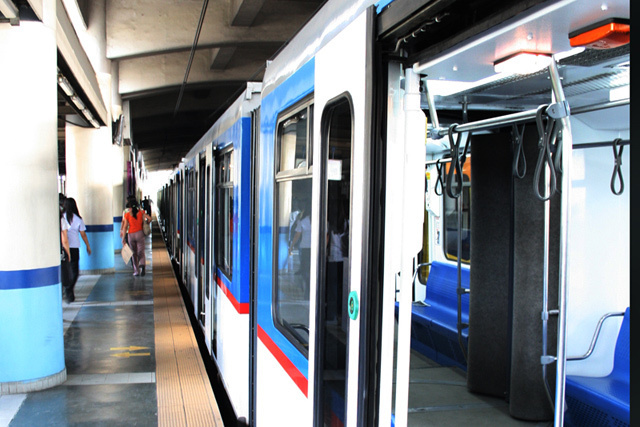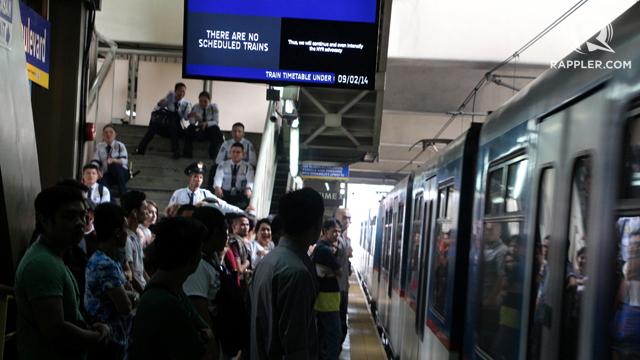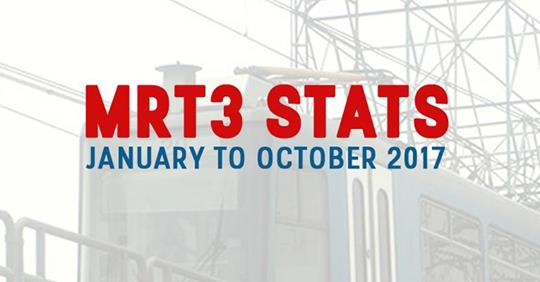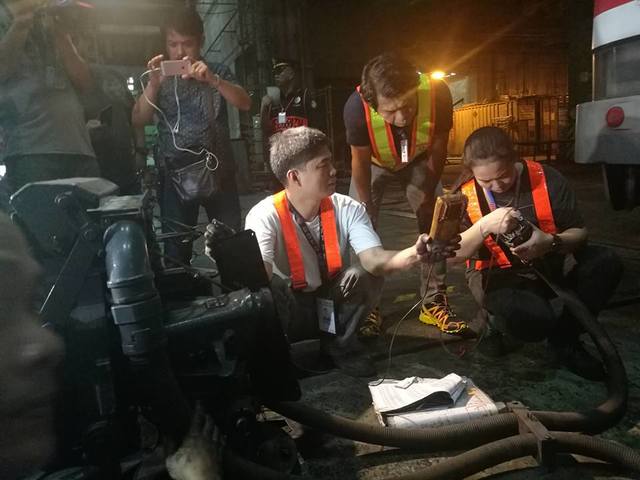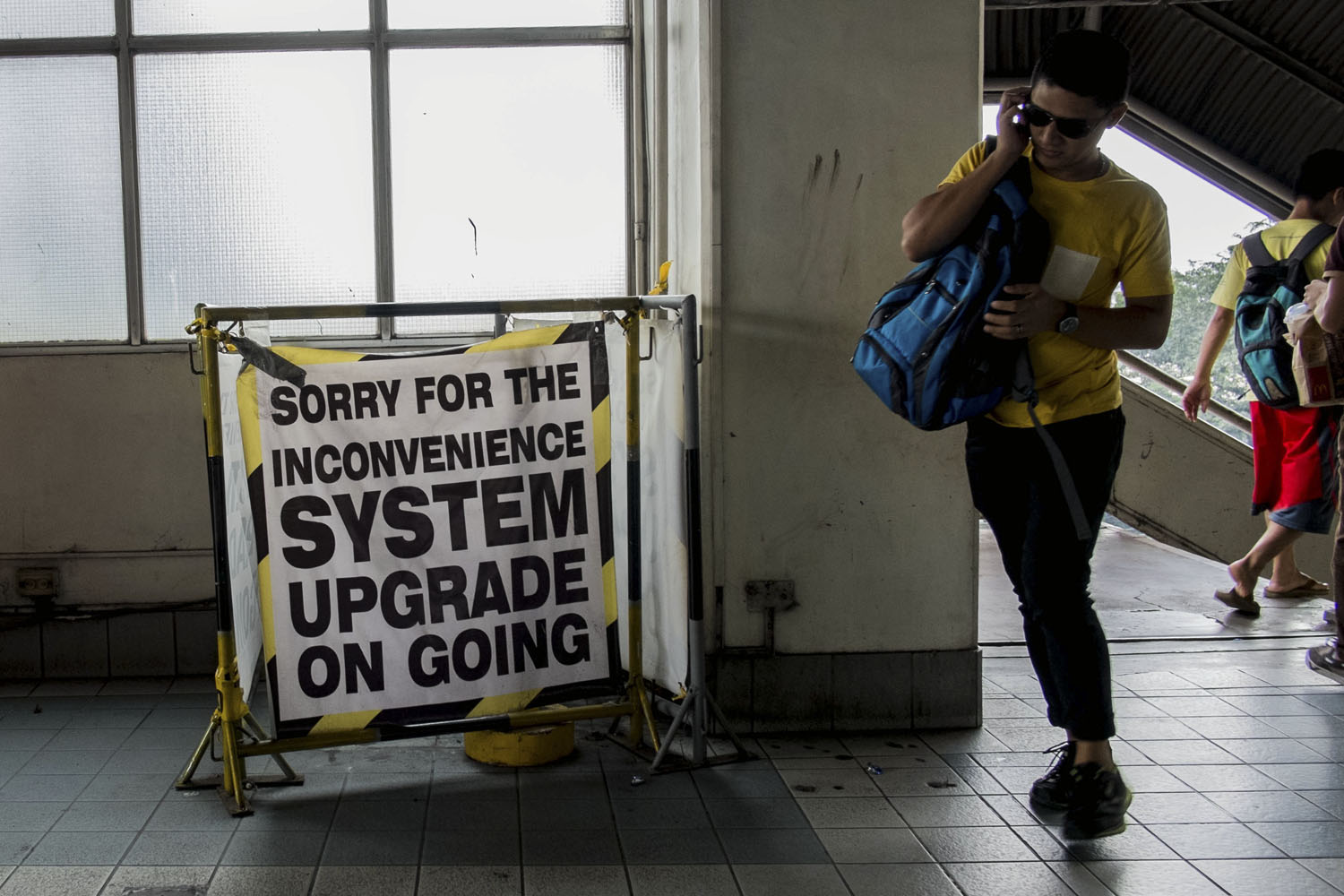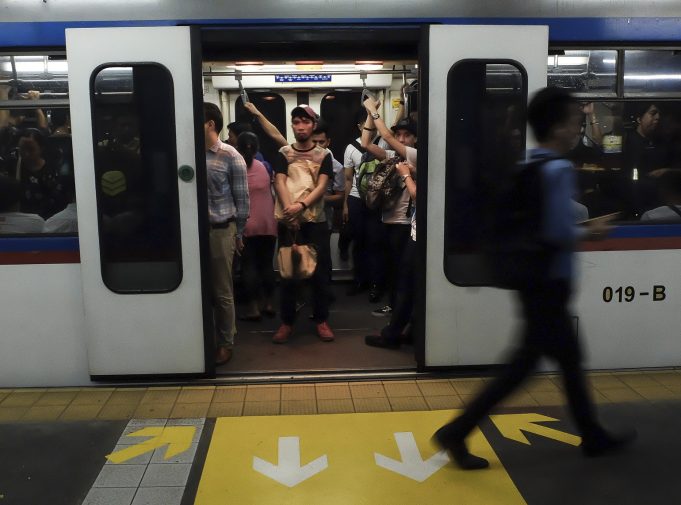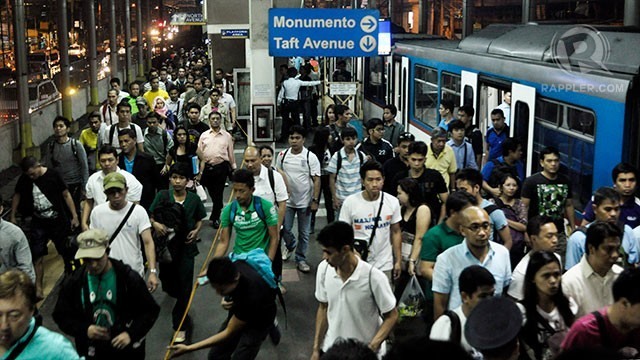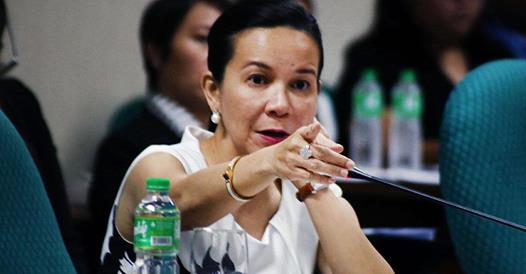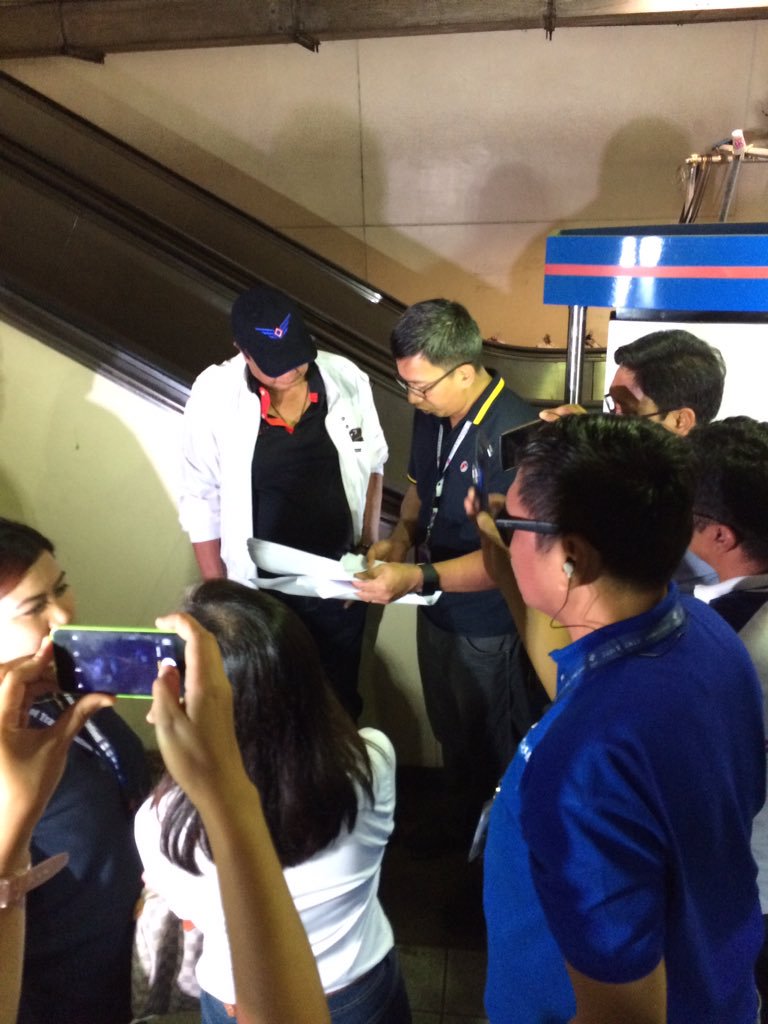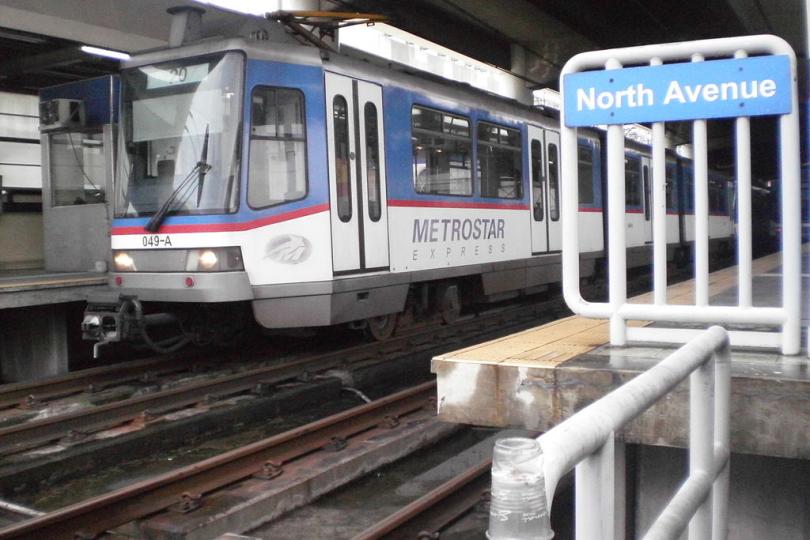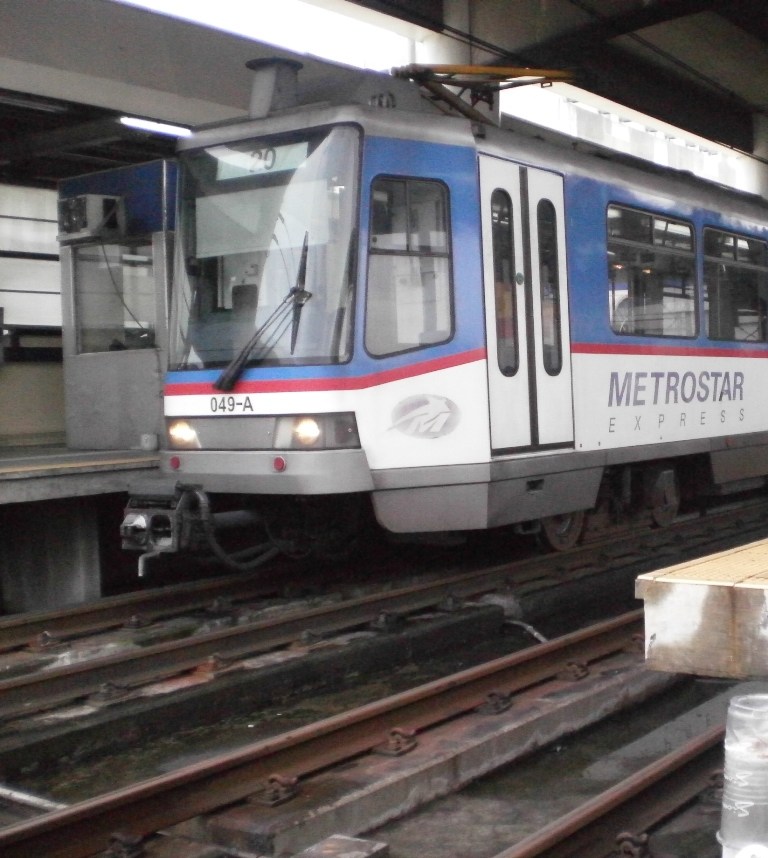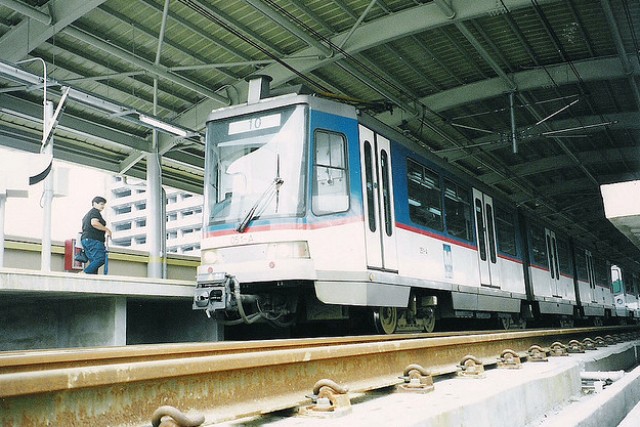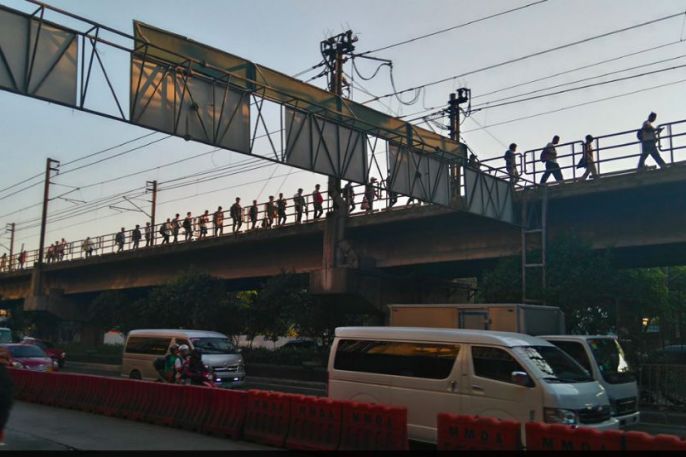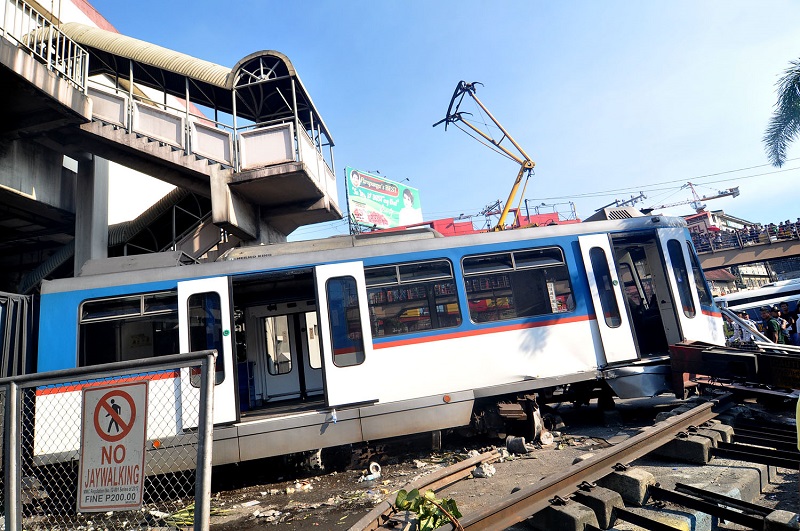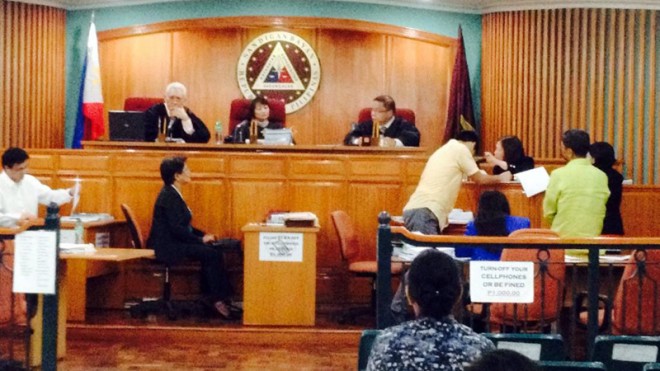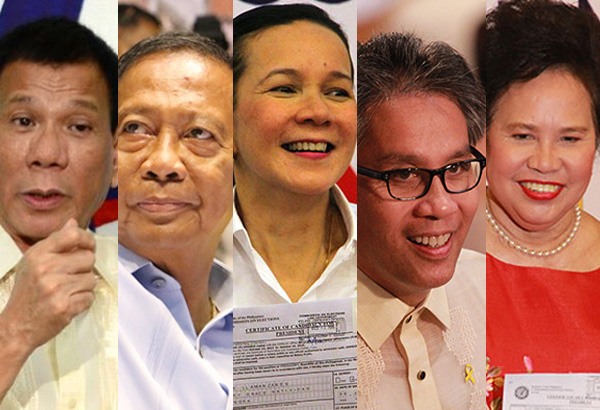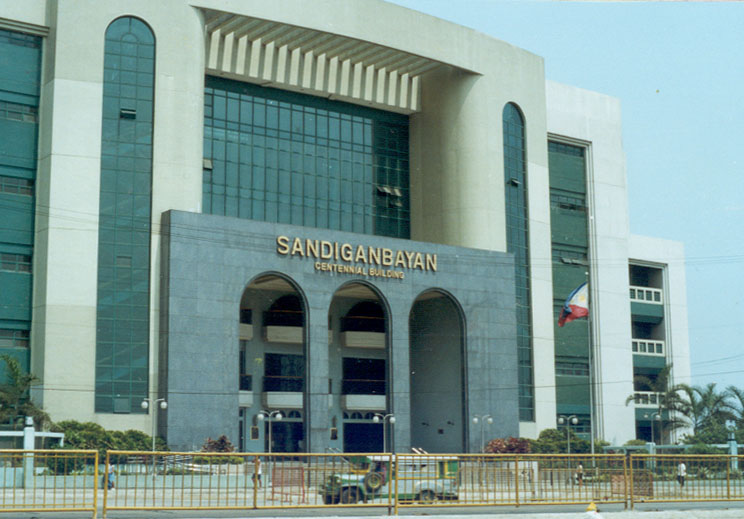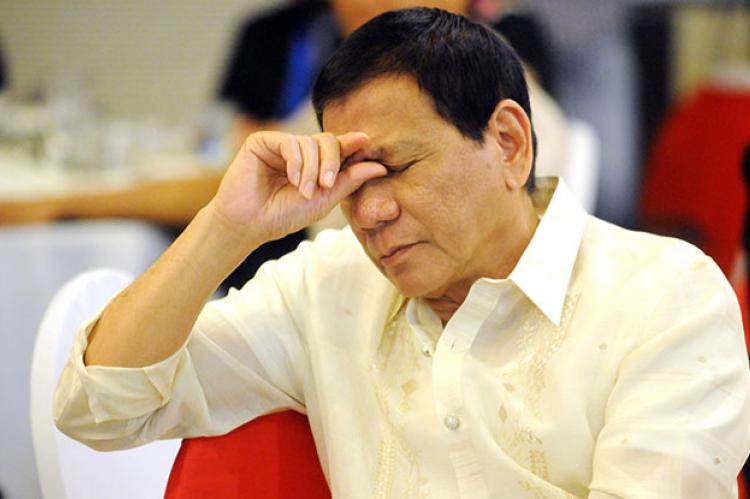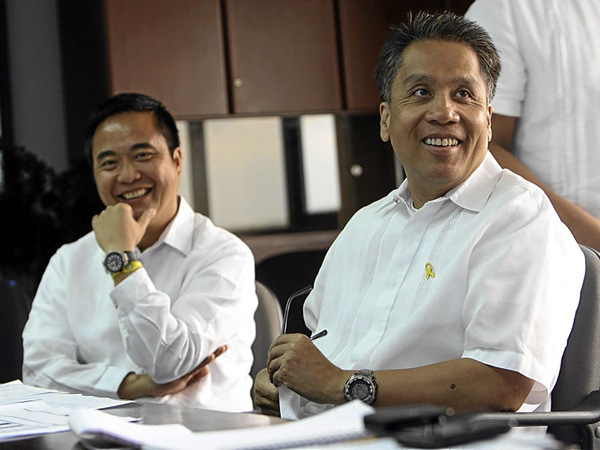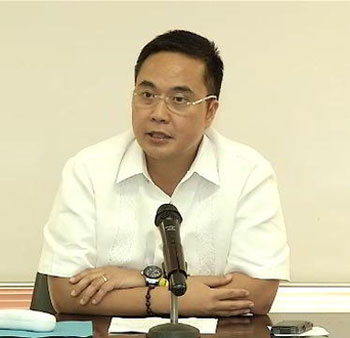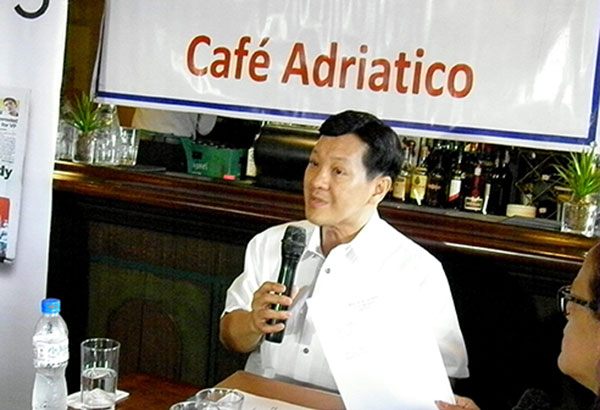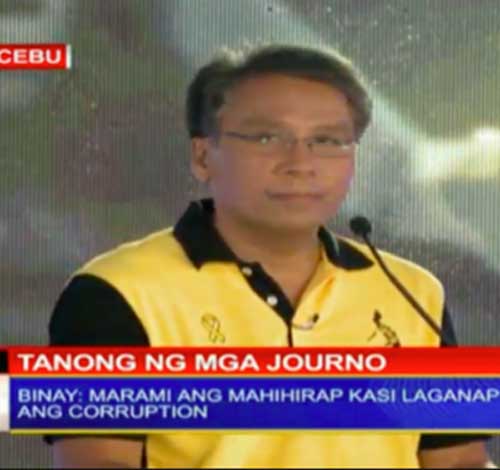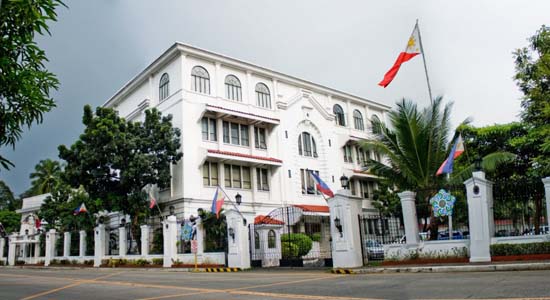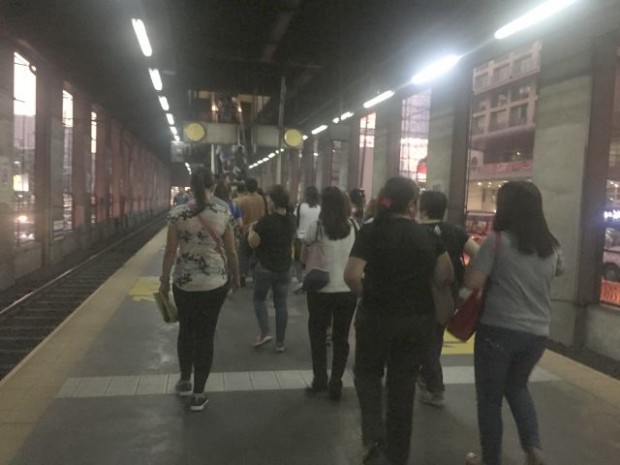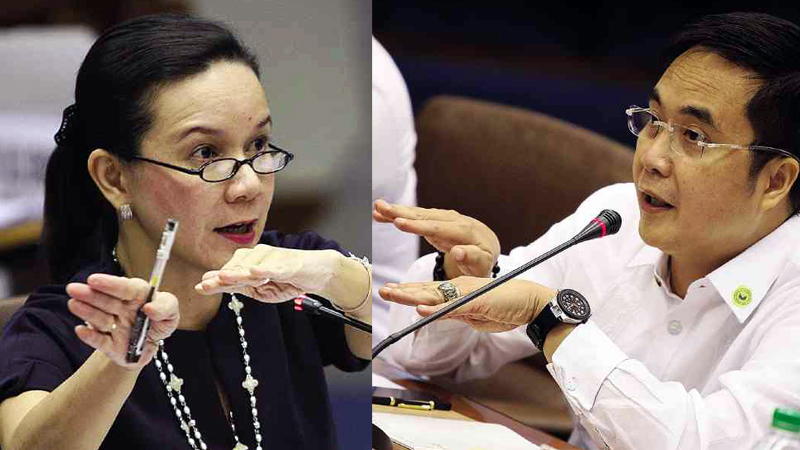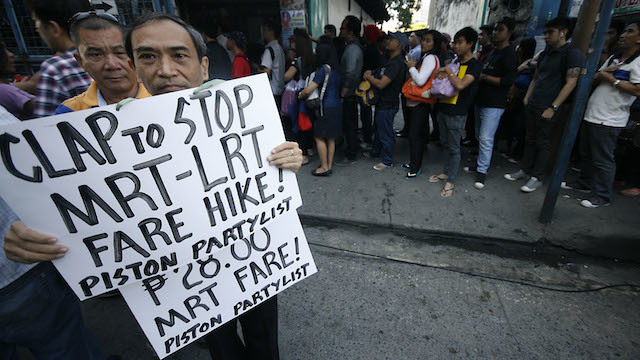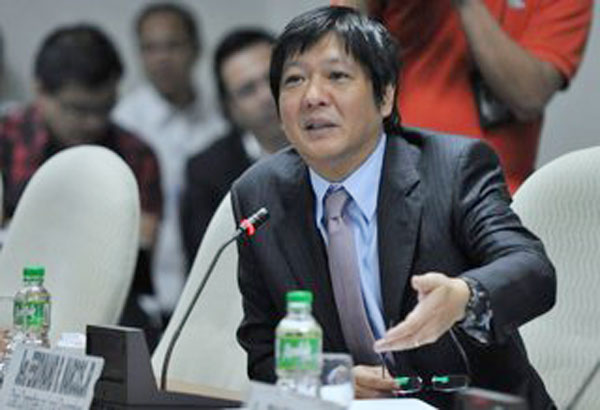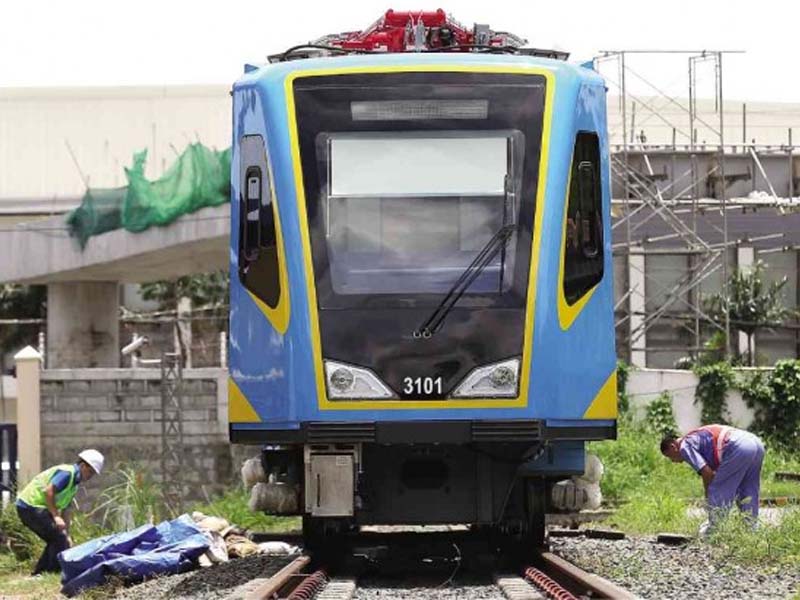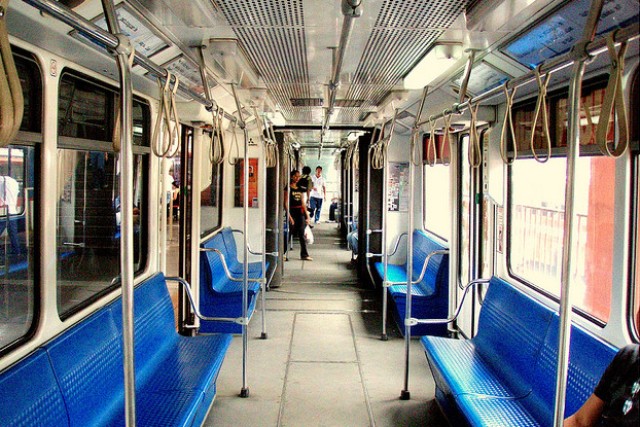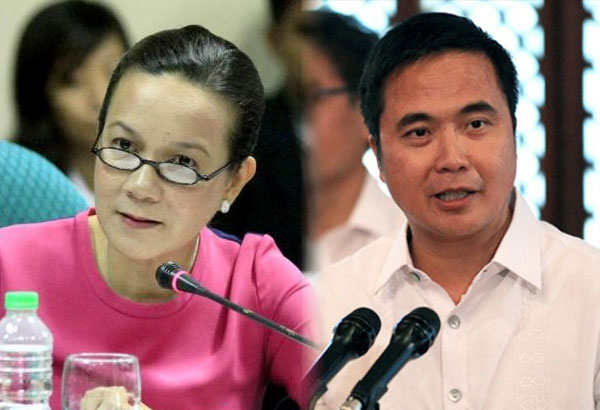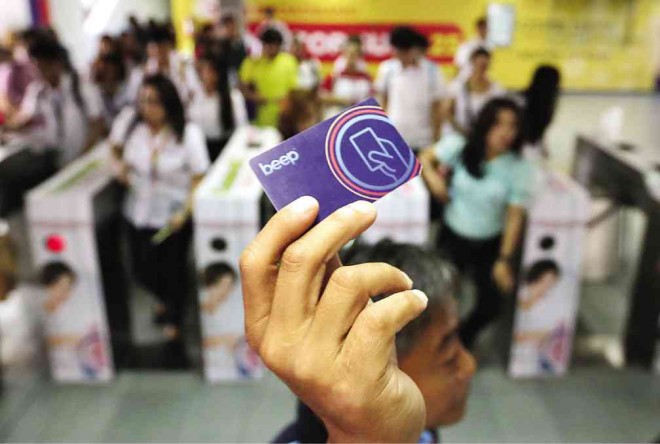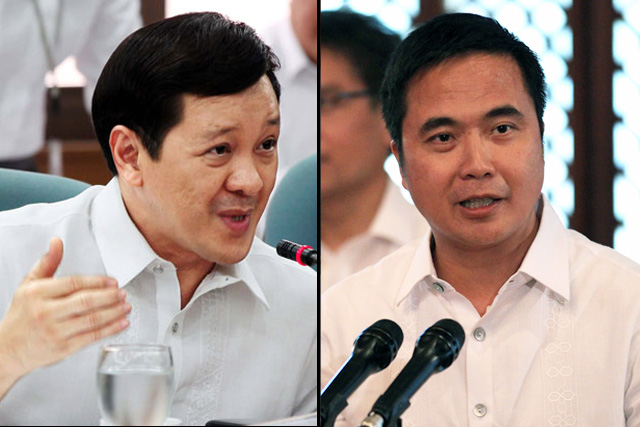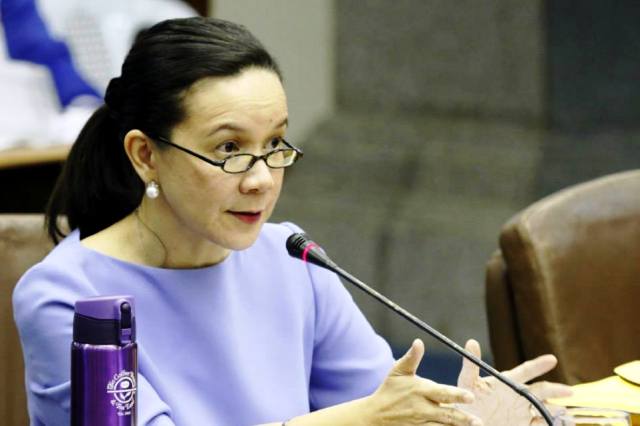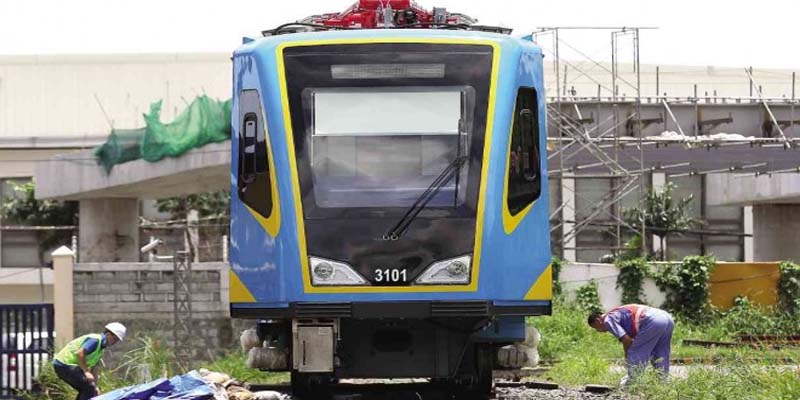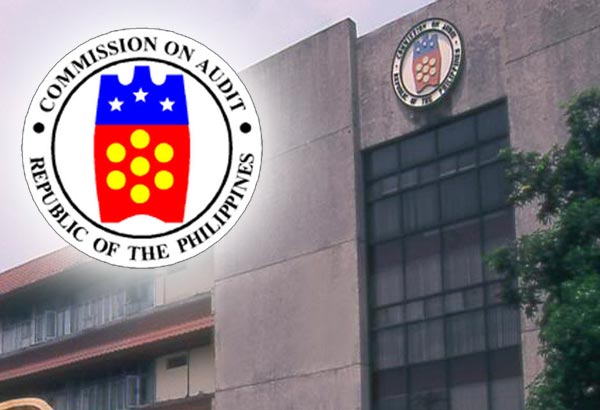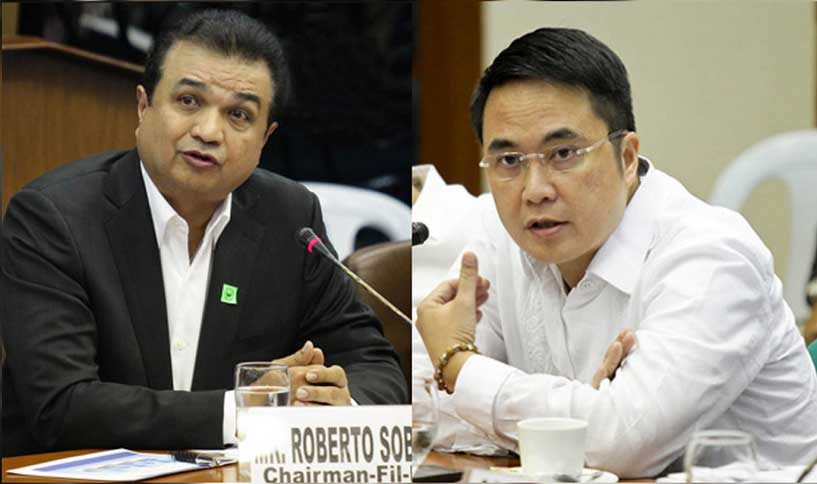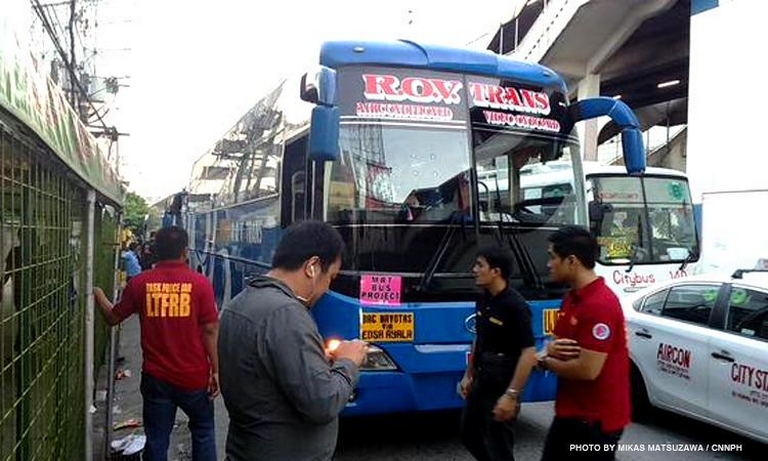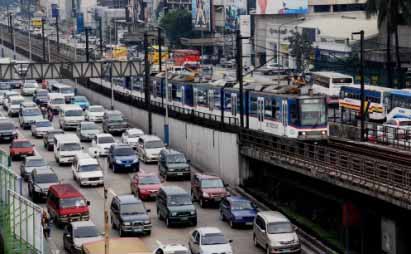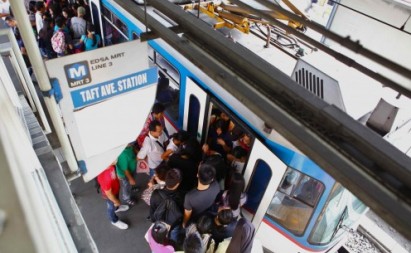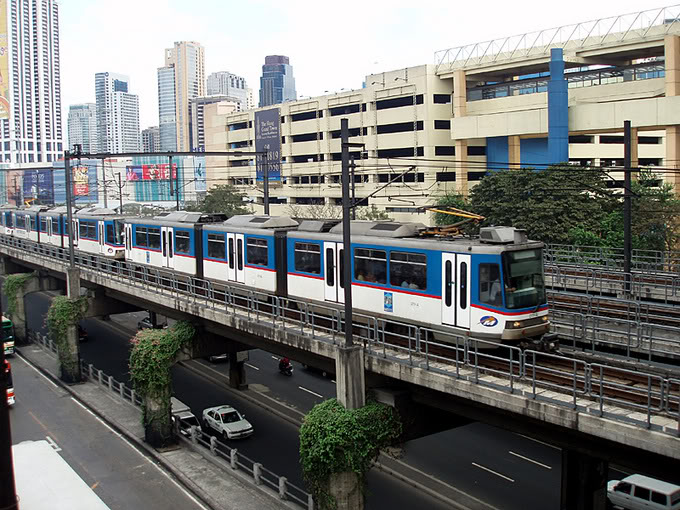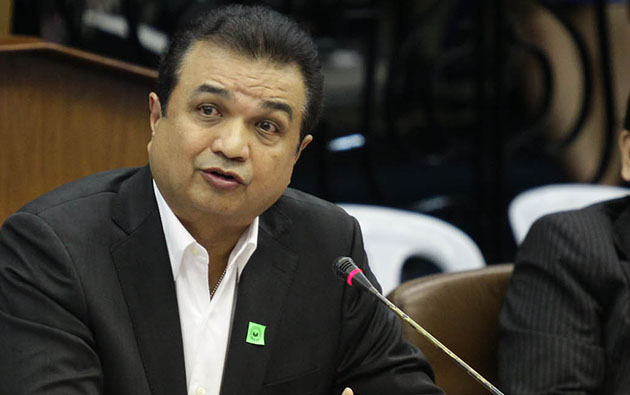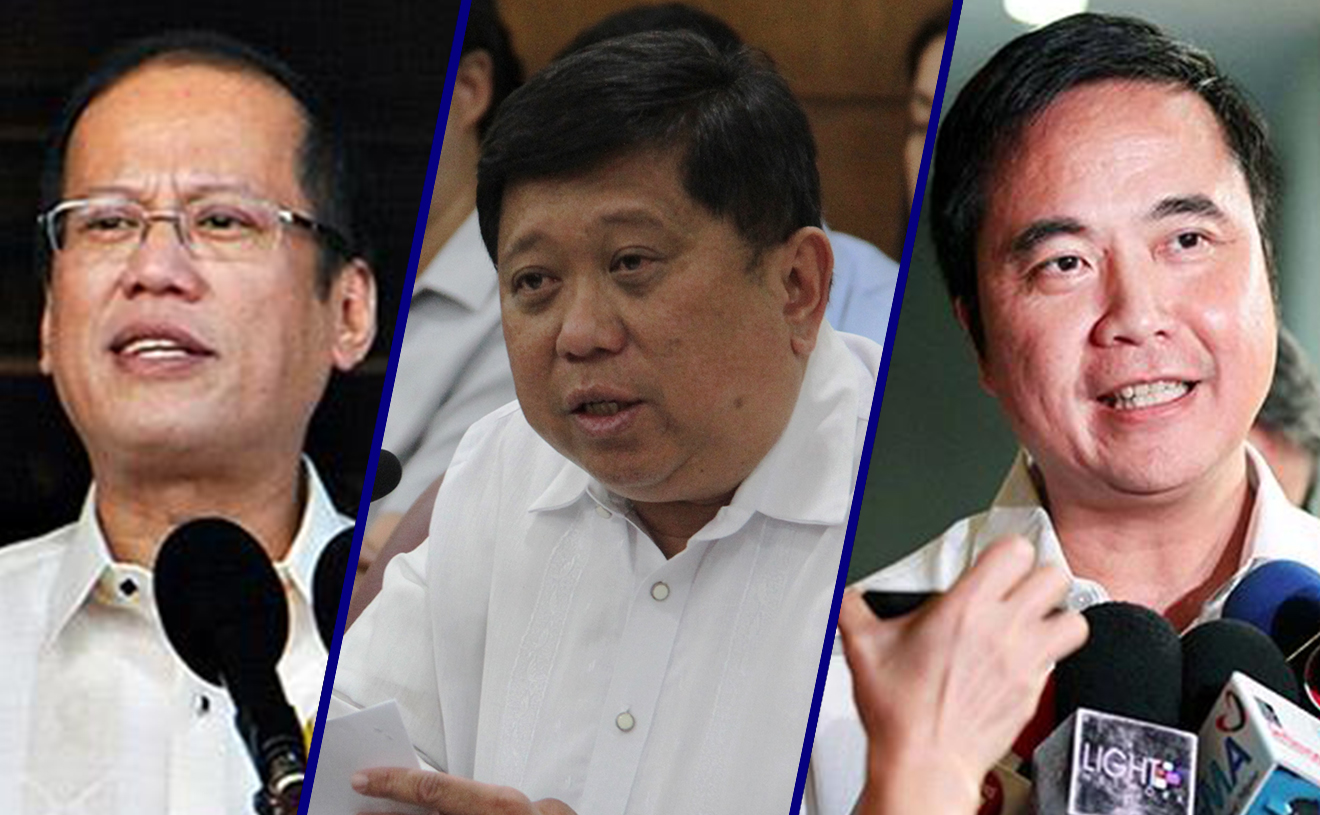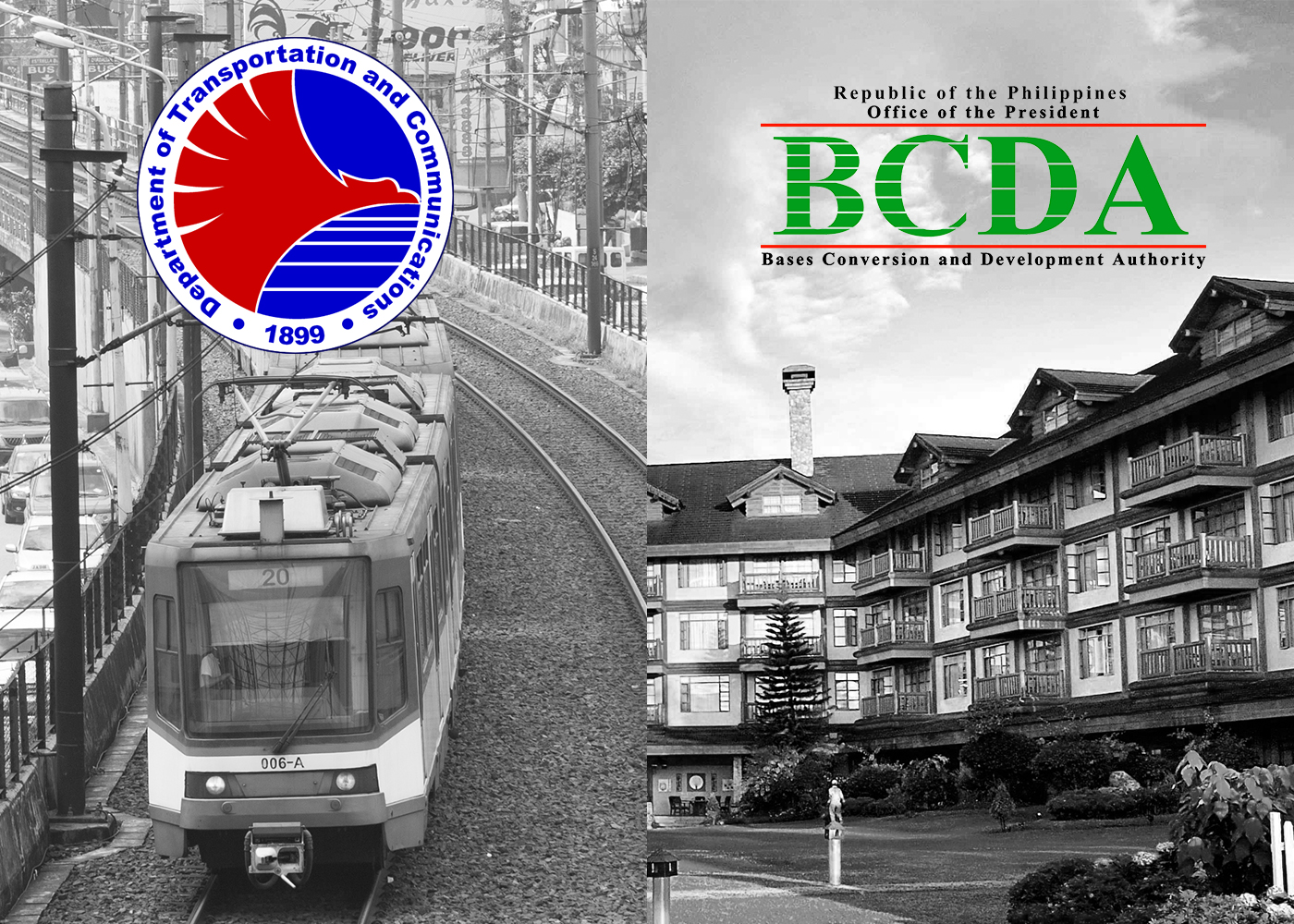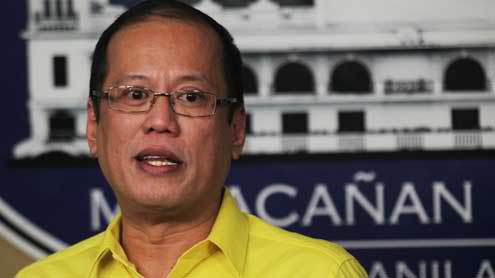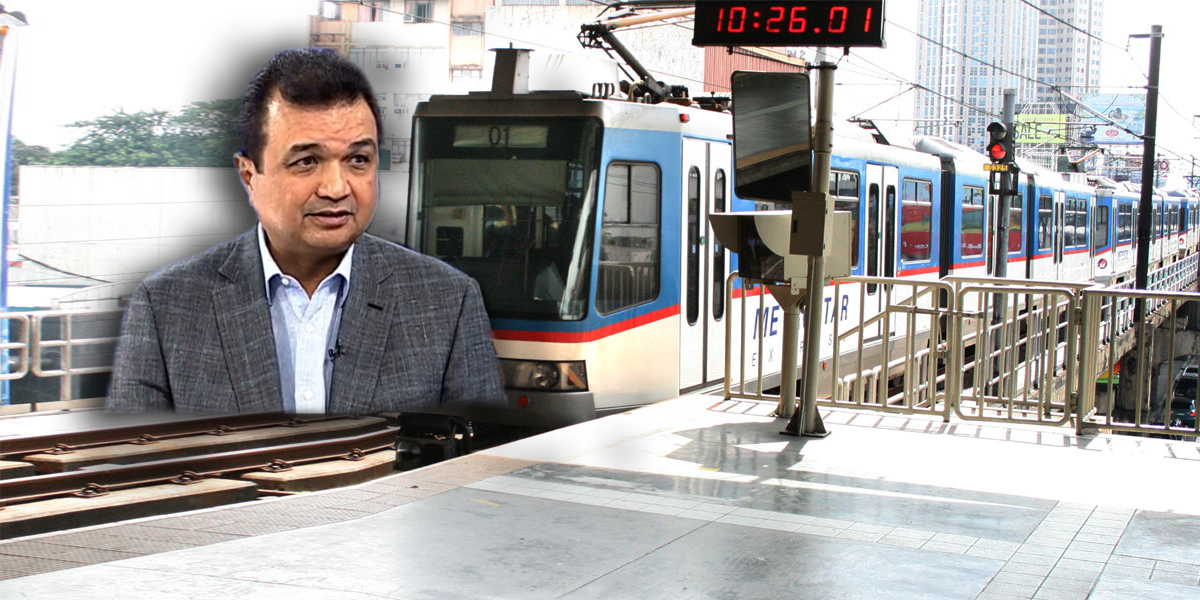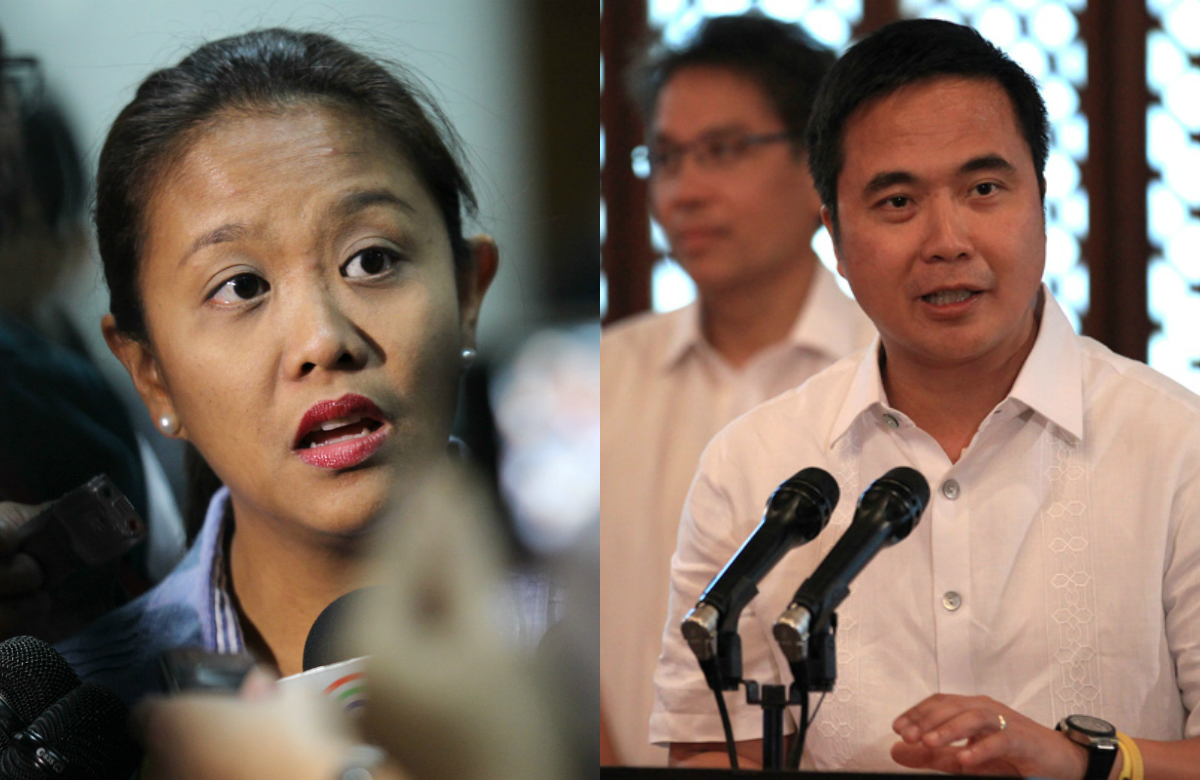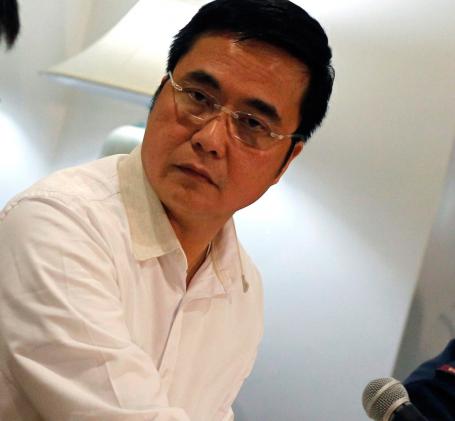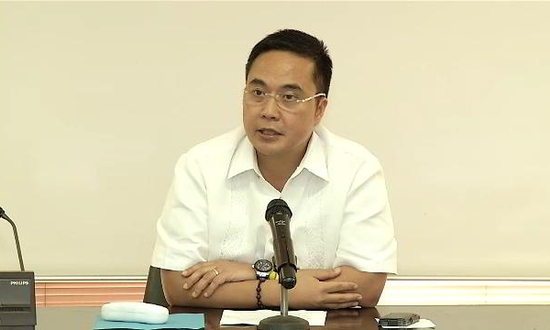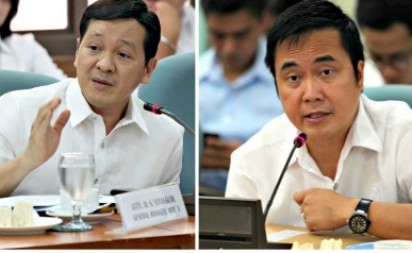By Christine F. Herrera | November 24, 2014
THE Senate has redeemed Congress’ power of the purse by addressing constitutional infirmities in the budget, starting with the rejection of a Palace-proposed and House-approved P91 billion errata, and specifically ruled out a P53.9 billion allocation to buyout private owners of the Metro Rail Transit 3, Senator Francis Escudero said Sunday.
“We are doing our job and making the national budget as transparent, as compliant to the Supreme Court ruling, and as pro-poor as possible,” said Escudero, in response to the appeal made by former national treasurer Leonor Magtolis-Briones, lead convener of the Social Watch Philippines, for the Senate to save Congress’ power of the purse.
Escudero said the Senate committee on finance, which he heads, has realigned the P53.9 billion budget.
“There is no economic value in buying out the MRT3 for P53.9 billion because the government is buying non-voting preferred shares,” Escudero told the Manila Standard.
Escudero said buying out the MRT3 for P53.9 million would not automatically mean getting back ownership of the MRT.
“The buyout would not make the lives of MRT commuters any easier. It would not even translate to improved MRT3 services or repair of its rails. The government would simply lose money in the amount of P53.9 billion for shares that do not carry voting powers,” Escudero said.
“This was made clear during the Senate panel hearings and officials of the departments of Transportation and Communications and Budget and the LandBank of the Philippines made such admissions. So why belabor the point and earmark funds that would hurt the President’s budget agenda?” Escudero said.
For this reason, Escudero said the Senate decided to earmark P9 billion of the P53.9 billion to the repair of the MRT3.
Some P6 billion was allocated for the payment of taxes for loans contracted by the MRT, and the balance went to other social services, he said.
“From the point of view of the Senate, it’s already part of the General Appropriations Bill as approved by the House. We didn’t deal with the errata anymore,” Escudero said.
“But, to be fair to the House, they did not effect the biggest singular errata – the additional P8 billion in the contingent fund for the Bangsamoro Basic Law,” Escudero said.
Escudero also described the P37.32 billion in pork and the P376.53 billion in lump sum funds as “temporary” and said Budget Secretary Florencio Abad would be required to submit details and line items for these lump sums.
“We have inserted a special provision mandating that before funds could be released to the projects in lump sum and unprogrammed funds, the Department of Budget and Management must submit a special budget containing the details of the projects,” Escudero said.
“The line item special budget should be submitted to Congress, the Palace and the Commission on Audit,” Escudero said.
Addressing the redefinition of the term “savings,” Escudero said the President cannot easly impound allocations and declare these as savings without complying with four conditions set by the Senate.
The Palace, he said, had to justify first the impounding of funds and had to meet four conditions:
1) The project was not completed but not due to the fault of the implementing agency or the agency’s negligence.
2] The projects were deemed stopped by the courts and the implementing agencies must certify that the non-completion was not their fault.
3] When the bid amount was lower than the contract price then savings can be declared even as early as January, when the national budget comes into effect.
4] Allocations for all unfilled positions, including the P2.9 billion in unfilled positions in the judiciary, cannot be impounded and be declared as savings until after the agency, including the Supreme Court, has certified that the positions had not been filled until the end of the year.
“Our definition of savings will be compliant with the Supreme Court decisions on Priority Development Assistance Fund and Disbursement Acceleration Program,” Escudero said.
The Supreme Court ruled that PDAF and portions of the DAP were unconstitutional.

 Twitter
Twitter Facebook
Facebook